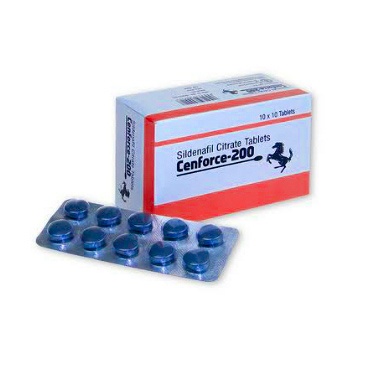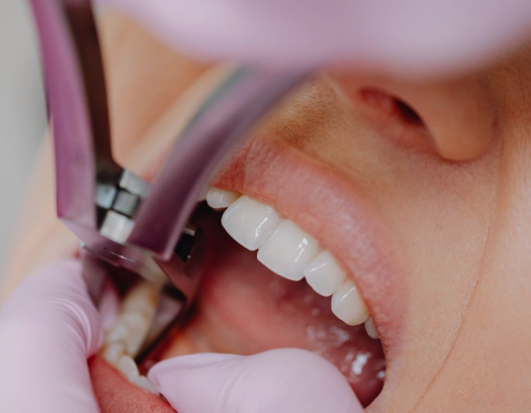In the United States, more than 195 million people have got the coronavirus vaccine. While no serious side effects or illnesses have been documented, some recipients have reported mild illness or adverse effects. Many specialists and Covid-19 vaccination program long-term care facilities Milwaukee have stated that they are to be expected in a small percentage of cases — and that they should not deter patients from taking the shot.
Here are some things to be aware of, as well as some precautions to take before getting vaccinated.
The Dos:
- Plan for Side Effects
Prepare yourself mentally for the COVID-19 vaccine’s most common side effects. Fatigue, soreness at the injection site, headache, muscle pain, fever, chills, and nausea are some of the symptoms. Preemptively taking pain drugs to deal with such symptoms is not a good idea (more on that later).
- Take any Vaccine Available
Avoid “vaccine shopping” and accept any vaccine that is supplied to you. You may believe that one vaccine is better than the others, but in reality, all three are assisting us in putting an end to the pandemic.
- Wear a Mask
Even if your immunization provider does not require you to wear a mask, do so nevertheless. Masks have been shown to impede the spread of COVID-19 virus particles, and you’ll be in close quarters with strangers if you haven’t been vaccinated.
- Schedule Your Second Shot
You’ll need to arrange a second injection if you’re getting the Moderna or Pfizer vaccination for the first time. If you can, do this while you’re still in the clinic so you don’t lose out on the most effective window. A second shot is not required for those who receive the Johnson & Johnson vaccination.
- Wait For 15 Minutes
Most vaccine providers will ask you to wait 15 minutes after receiving your vaccination to monitor any immediate or severe side effects. Even if you feel OK, it’s a good idea to wait just in case.
- Check With Doctor About any Health Conditions
Ask your doctor if getting the vaccine is safe for you if you have any health problems or take prescription drugs. You may be unable to receive the COVID-19 vaccine if you have allergies, autoimmune diseases, or are taking drugs that suppress your immune system.
- Reschedule if there are Known Symptoms
If you’re scheduled to receive the vaccination but develop symptoms or learn that you’ve been exposed to someone who has tested positive for COVID-19, follow the current CDC quarantine and self-isolation instructions. Reschedule your appointment after you’ve met the CDC’s standards.
The Don’ts:
- Taking a Picture with your Vaccine Card
We’re delighted you’re proud of your COVID-19 immunization, but flashing your vaccination card around could invite scammersBecause the record cards contain personal information such as your full name, birth date, and the location where you had your vaccine, posting a photo makes you exposed to identity theft.
Scammers may also copy COVID-19 vaccine cards to make it appear as though they’ve been vaccinated, according to some specialists. This tendency will only accelerate when more public locations and modes of transit (such as Israel’s green card) begin to require vaccination proof.
- Throwing Away Your Vaccine Card
One reason to keep your immunization card available is that if you require a second shot, you’ll need to show your provider the timestamp on it. Additionally, for the sake of safety, public venues and modes of transportation (including airlines) may begin to require some type of COVID-19 immunization verification.
- Get Rid of Your Mask and Avoid Social Distancing
Until 14 days following your final dose of the COVID-19 vaccine, you are considered completely immunized. If it hasn’t been two weeks after your second dosage (or only dose if you had the Johnson & Johnson vaccine), you still need to follow basic COVID-19 prevention measures. Even after that, you should keep wearing a mask until the CDC and the World Health Organization say it’s safe to quit.
Wrapping Up: We must vaccinate as many individuals as possible, as rapidly as possible, to stop widespread virus transmission and decrease the impact of newly circulating virus types. Vaccine developers and their partners along with the Covid-19 vaccination program long-term care facilities Milwaukee worked at breakneck speed to make Covid-19 vaccines safe and effective. Now it’s up to us to pull up our sleeves and assist put a stop to the pandemic.




